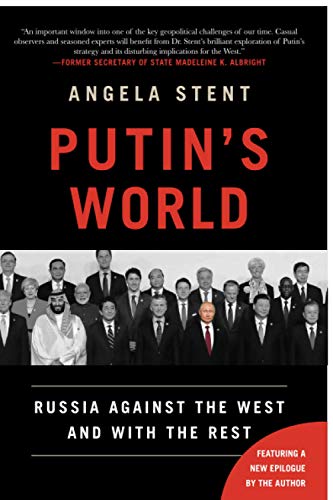It's Noah Rothman, at Commentary:
Even before Russian tanks poured over the Ukrainian border to overthrow the government in Kyiv, the Biden administration warned that the West’s duty to safeguard Ukraine’s independence would not be “painless.” Joe Biden didn’t elaborate on this prediction in great detail, but he did promise to “limit the pain the American people are feeling at the gas pump.” Save, however, from coordinating the release of less than a day’s worth of global oil consumption from the world’s strategic reserves, the administration tried to suggest that none of its green-energy priorities needed to change in response to the Russian menace. Pressed last week by reporters to explain why the administration had not responded to a crisis that puts downward pressure on the global oil supply by pursuing policies that would augment domestic fossil-fuel production, White House Press Sec. Jen Psaki shrunk into a defensive crouch. It’s the oil producers’ fault for not ramping up production to take advantage of record prices, she suggested. The domestic wells and pipelines that the White House prevented from opening would have “no impact” on global energy prices, she insisted. Indeed, the crisis in Europe “is all a reminder, in the president’s view” of “our need to reduce our reliance on oil” by doing more to “invest in clean energy.” A week has not passed since Psaki made these remarks, but the ground has shifted beneath the administration’s feet...














